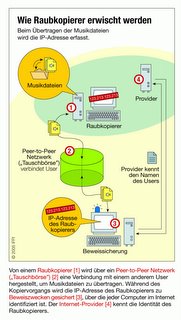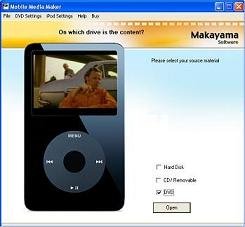Scientology v. XS4ALL: Supreme Court Poops Party
 Friday the Dutch Supreme Court gave its long-awaited decision in the lawsuit between Scientology and ISP XS4ALL. The legal battle that had the (tense) relationship between copyright an freedom of expression at its centre, ended somewhat disappointing.
Friday the Dutch Supreme Court gave its long-awaited decision in the lawsuit between Scientology and ISP XS4ALL. The legal battle that had the (tense) relationship between copyright an freedom of expression at its centre, ended somewhat disappointing. On the left is the "Final Victory"-shirt XS4ALL gave away to 5000 of its subscribers. The 0-4 refers to XS4ALL's legal victories over Scientology. The latest (0-3) was in the Court of Appeals (2003), which recognized the copyright of Scientology on the texts of its founder L. Ron Hubbard that were included in a witness account used in an American court. Writer Karin Spaink published the account on her website, hosted by XS4ALL, leading to a copyright infringement claim by Scientology in 1995. While recognizing Scientology's copyright, the Court of Appeals found that Spaink's publication should be allowed on the basis of article 10 ECHR (freedom of speech). Especially since it has an informative, non-commercial character, and the Church of Scientology shows anti-democratic objectives. Scientology appealed the decision to the Supreme Court.
The Supreme Court's legal counsel advised that the appeal should be rejected, not so much because copyright had to yield for the freedom of speech, but because with the initial submission of the contested texts to the American Court's library, where it was available to the public, the Church can no longer prohibit the "further communication to the public or reproduction" under provision 15b of the Dutch Copyright Act [English Version].
After this advice Scientology asked the Supreme Court to grant a withdraw of the appeal, if not to avoid another condemnation . In a reaction XS4ALL wrote that "It's in line with Scientology's strategy to withdraw itself from lawsuits it has started. XS4ALL hopes that the Supreme Court will not accept this tactic."
The Supreme Court has accepted the tactic, and dismissed the appeal as requested by Scientology [decision, Dutch]. While this means that the decision of the Court of Appeals stands, it also means that the case has not really been judged by the highest instance. For XS4ALL this may not have brought the broadest "Final Victory" they hoped for, but final it is and its sweetness must take away some of the bitterness of the last ten years.









